You’ve been state secretary for national policy for six months now. How would you evaluate this period? What’s been your biggest challenge?
It's not about my time in office but about the national policy of the past 15 years. While I’ve only been in the role for five or six months, Hungarian national policy extends far beyond persons, individual figures or colleagues. It’s a massive team effort involving the Hungarian communities abroad, government support, and everyone who participates.
The greatest achievement over the last 15 years is the deepening connection between Hungarians in the motherland and those abroad—not just at the leadership and institutional level, but among young people, students, academics, university professors, and artists.
We help them with applications and grants, but from the beginning our goal was to weave an organic national policy network. In the past, left-wing governments did not want Hungarian people to visit Hungarians living across the border on an institutionalized level, with government support. Under communism, strengthening national bonds was out of the question. So I consider the greatest achievement to be that the network of the Hungarian nation is much tighter and much denser today than at any time in the last hundred years.
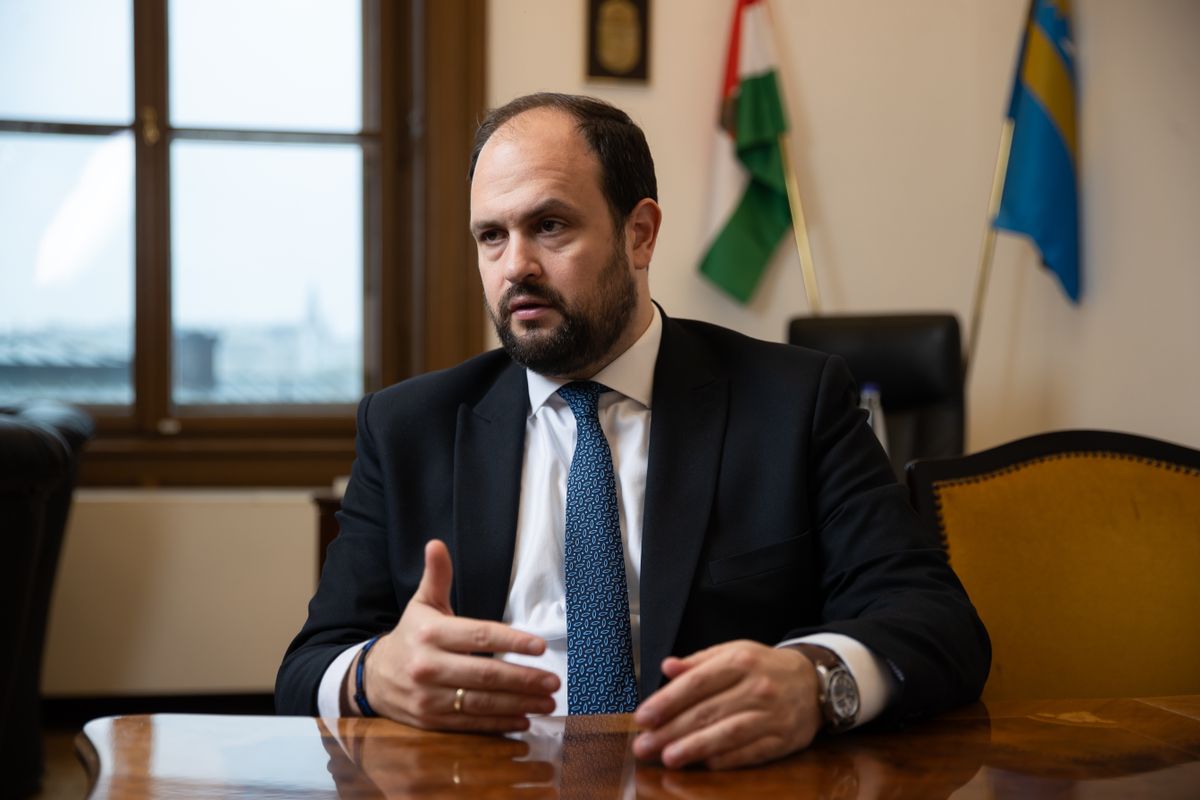
The "In Hungarian in your homeland" program was recently announced, offering Hungarian families living in neighboring countries one hundred thousand forints in school support. Some leftist media claim that students in Hungary don’t receive as much. Do ethnic Hungarians enjoy priority?
The Left's basic claim is unfounded, it's just the usual opposition rhetoric, because Hungary has the most comprehensive family support system in Europe. If you look at the amount of money that parents in Hungary receive for their children in the form of tax relief, tax deductible benefits and various programs, it is several times more than we can give to Hungarian children living beyond Hungary's border. The "In Hungarian in the homeland program" is designed to enable children to learn Hungarian in their homeland, their native country.
Someone studying their mother tongue in their native country is a value for us, which is why we support Hungarian education worldwide, and especially here in the Carpathian Basin.
This helps them to preserve identity and stay in their homelands. A stronger member of the Hungarian community will be someone who can learn in Hungarian from kindergarten to the end of their higher education. Therefore, when parents weigh the options of enrolling their children in a Slovak, Romanian, Serbian or Ukrainian language school, or – if there is one nearby – in a school teaching in Hungarian, we would like to support the latter choice.
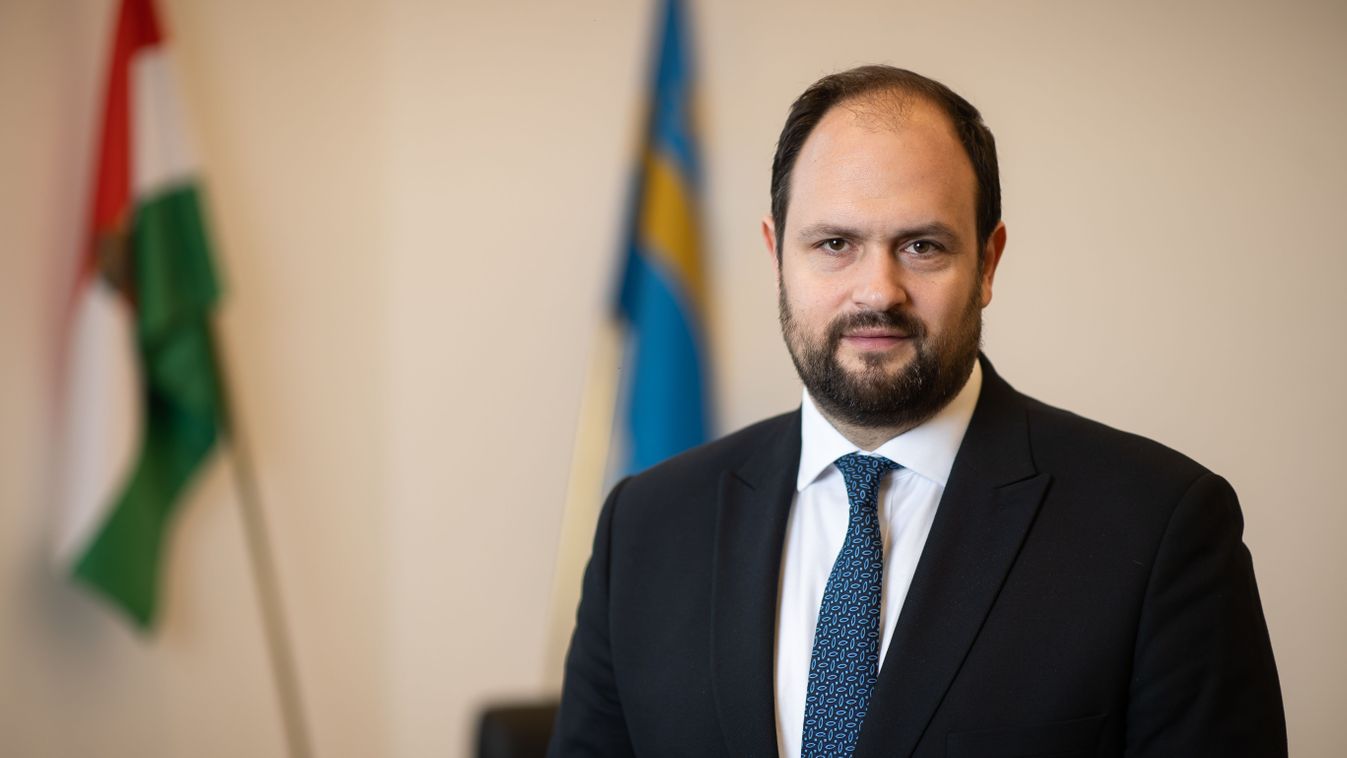
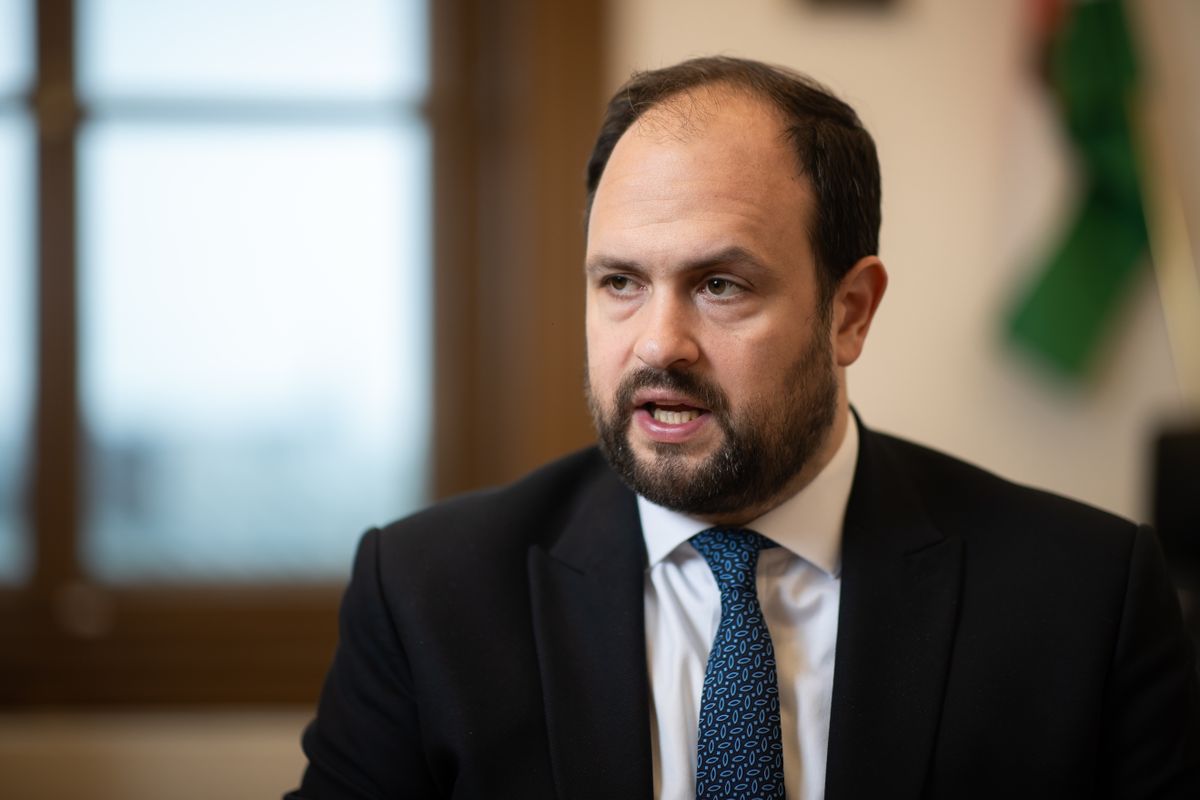
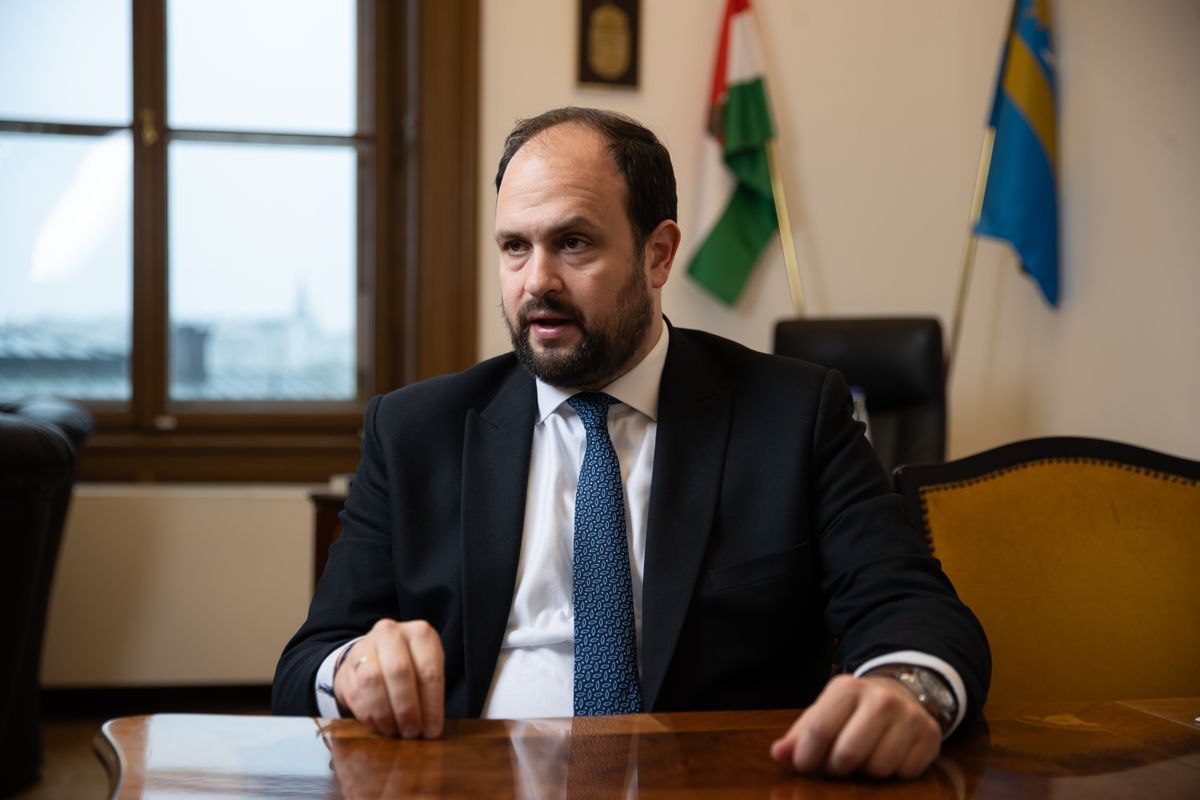

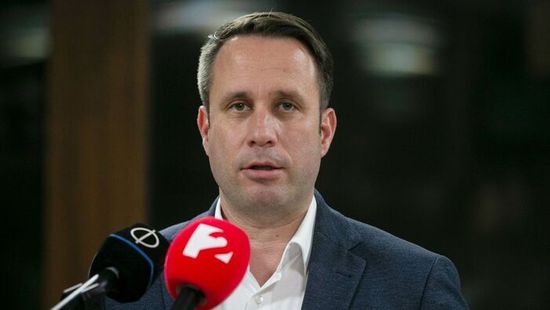
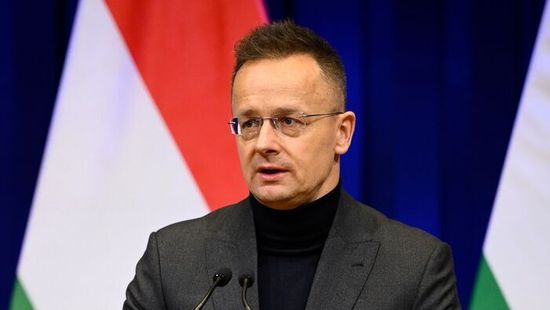










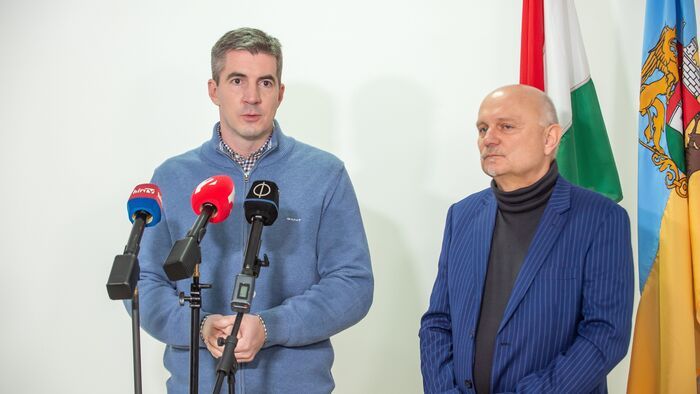


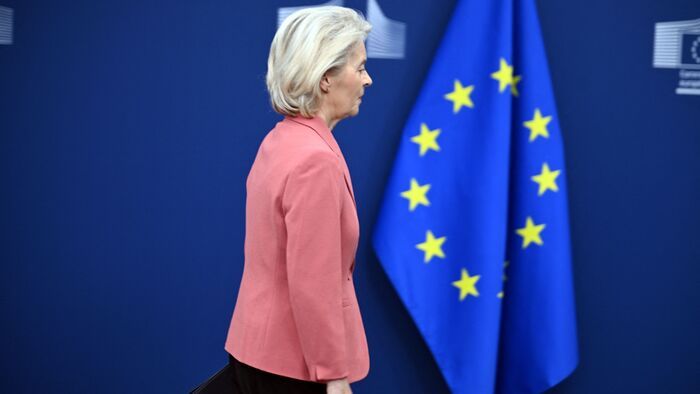





Szóljon hozzá!
Jelenleg csak a hozzászólások egy kis részét látja. Hozzászóláshoz és a további kommentek megtekintéséhez lépjen be, vagy regisztráljon!